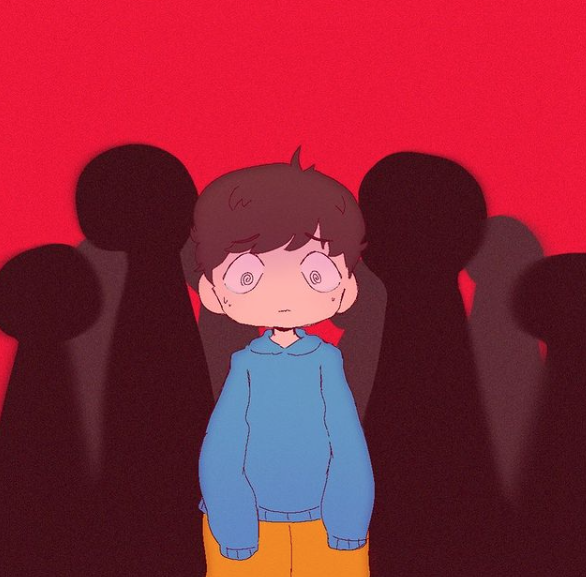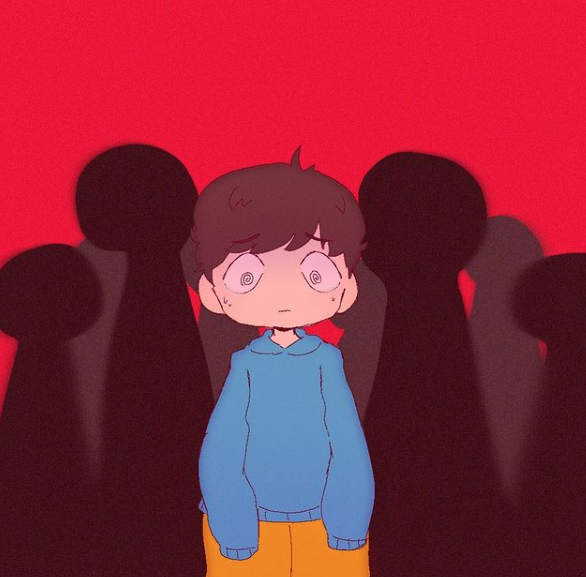It’s a typical Monday morning for Sonoma State University student Gabby Angrisani. As she hears her alarm buzz with just minutes to spare before joining yet another Zoom lecture from her bedroom, she begins to think about how times used to be. The hustle and bustle of running up the stairs of Stevenson, the in-class activities with her peers, meeting friends for lunch on campus, she missed every bit of it.
After over a year into the pandemic, everyone is accustomed to limited forms of social interaction. Zoom calls have become the new normal, and Americans are used to this new way of life.
“Humans are creatures of habit, so initially, adjusting to isolating at home was incredibly challenging, but now, a year later, we’re accustomed to the new normal,” explained Paraskevi Noulas, PsyD, a psychologist at NYU Langone Health.
A post-pandemic life is fast approaching. President Biden announced earlier this month that small group gatherings may be able to occur by the Fourth of July. With vaccine availability increasing and COVID-19 cases on the decline, Americans are feeling a mix of emotions about the idea of increased social interaction.
“This is a global example of what’s called re-entry after trauma,” said Deborah Serani, a psychologist and professor at Adelphi University in Garden City, New York. “The pandemic is a traumatic event.”
Americans are not only fearful of contracting COVID-19 as in-person interactions grow, but they worry about the state of their social skills that have been dormant due to isolation. Other individuals are concerned that the positive changes they have made in the past year, will be diminished. Some of these include habits of self-care, exercise, and spending time with loved ones.
Health officials predict that individuals’ social anxiety could climb with increased interaction. According to the BBC, social anxiety disorders involve a fear of social situations and includes worrying about meeting strangers, how to act with groups of friends and generally feeling self-conscious. The acclimation to a post-pandemic life filled with regular social interaction could prove to involve challenges for many who suffer from social anxiety in any way, shape or form.
An effective approach in adopting past forms of social interaction is through a process called “fading.” This is the act of gradually integrating back into society. Some examples of fading stages are taking a walk, meeting with others outdoors, and so on.
The fading process may be shorter for some, as there are a number of individuals who are eager to escape isolation. On the other side of the spectrum, social interactions may help others with feelings of depression and loneliness.
“I’m excited to get back to in-person classes this fall,” Angrisani said. “I’m looking forward to being able to get more of a normal school routine back and interact with my friends and classmates in-person. Zoom has made building new friendships much harder.”
With the announcement of college campuses reopening for the Fall 2021 semester, staff and faculty are working hard to make sure that this change goes smoothly for students. During the pandemic, departments have been accessible to students through online platforms. The Fall 2021 semester will bring many more opportunities for connecting with students.
When asked how Sonoma State officials can help students as we approach the beginning of a new semester, Angrisani said, “I think that the main way that we can be supported, as students, is staff offering flexible times and a variety of options for office hours, as well as organizing events for students to get reacquainted with campus and fellow students.”
The process of re-entering the world after the pandemic may be just as difficult as its abrupt beginning last March. It is important to take this transitionary period at your own pace, in order to monitor mental health and overall well-being.





![[Both photos courtesy of sonoma.edu]
Ming-Ting Mike Lee stepped in as the new SSU president following Sakakis resignation in July 2022](https://sonomastatestar.com/wp-content/uploads/2024/04/CC4520AB-22A7-41B2-9F6F-2A2D5F76A28C-1200x1200.jpeg)



























